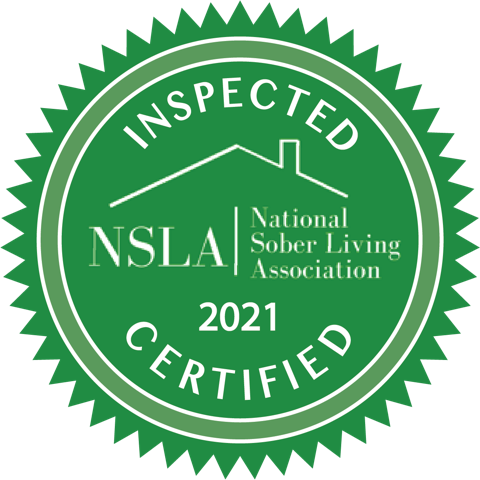If you are close to someone who is working their way through 12-step addiction recovery, they may eventually come to you asking to make amends. Completing the eighth and ninth steps of the process requires people to list everyone they’ve harmed, admit the pain they caused and demonstrate a genuine commitment to change. Here are some tips for what you can do and say to a person making amends.
Acknowledge How Hard It Is for Them
Addiction thrives on denial and secrecy. Owning the problem and bringing it into the light is one of the most difficult things anyone can do. When responding to someone who is making amends, recognize that they have made a sincere commitment to turning their life around – regardless of how hurtful their behavior may have been in the past.
Don’t Be Dismissive
Some people are uncomfortable hearing and accepting a heartfelt apology. Your go-to response might be to brush off your loved one’s attempts to make amends by saying something like, “It’s OK, of course I forgive you.” However, in doing so, you could come off as flippant or insincere. Remember, a recovering addict’s goal in making amends is to repair a damaged relationship, so you want to meet them at least halfway.
Listen Without Judgment or Anger
When accepting amends, you should avoid unproductive strategies like criticism, contempt, insults and attacks on the other person’s character. Shame and guilt are hallmarks of the disease of addiction, and it’s not helpful for you to try adding to that burden of negativity.
If you’re still upset and not ready to let go of the issue yet, you can say so, but be careful with your language and tone. Remember, you can be honest about your concerns without being hostile. Try saying, “I appreciate you reaching out to me. I need some time to think about what you’ve said, and I hope to continue seeing you make these positive changes in your life.”
Give Them Your Full Attention
Responding to someone who is making amends requires you to use all your listening skills. Give them your undivided attention, let them speak without interrupting and try to fully absorb what they’re saying. You could feel tempted to try getting a word in edgewise, especially if your wounds still feel fresh, but it can be a significant first step to hear the other person out. Doing so can help you both achieve a sense of closure and get to a healthier place in your relationship.
Ask Questions
Making amends can bring up some painful memories for you and your loved one. Asking questions can make the other person feel validated, heard and understood, while helping you understand what they’ve said. You may have trouble putting yourself in someone else’s shoes, especially when they’re dealing with an illness as complex as addiction. Ask questions about the parts you can’t necessarily relate to. This type of active listening will show that you appreciate the trust and honesty behind your loved one’s decision to open up to you.
12-Step Recovery That Meets Your Needs
At Still Waters, we have built our entire approach to addiction recovery around the concept of fellowship and spirituality found in 12-step principles. When you become part of our family, you’ll never have to pursue your recovery journey alone.
We offer separate programs for women and men who are motivated to heal themselves. If you’re ready to rediscover how fulfilling and joyous your life can be without drugs and alcohol, please contact us today.





